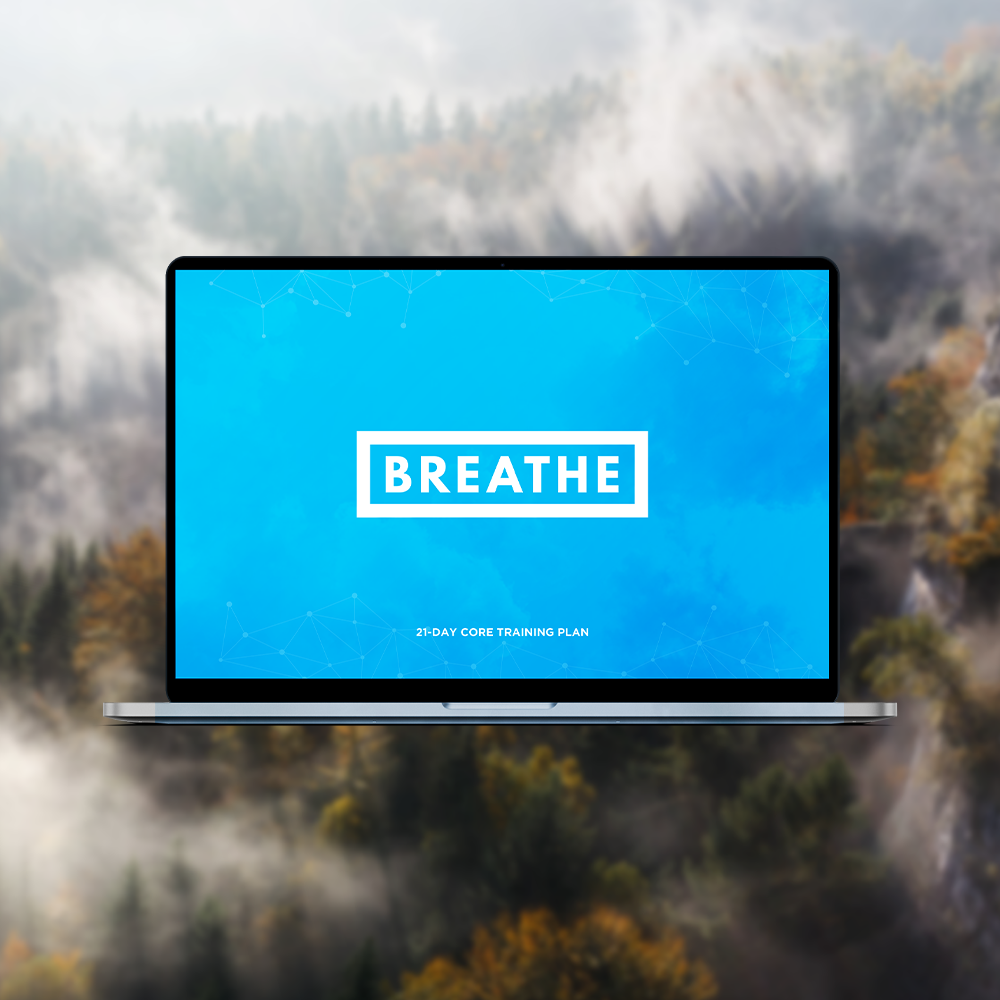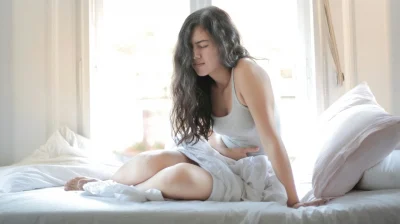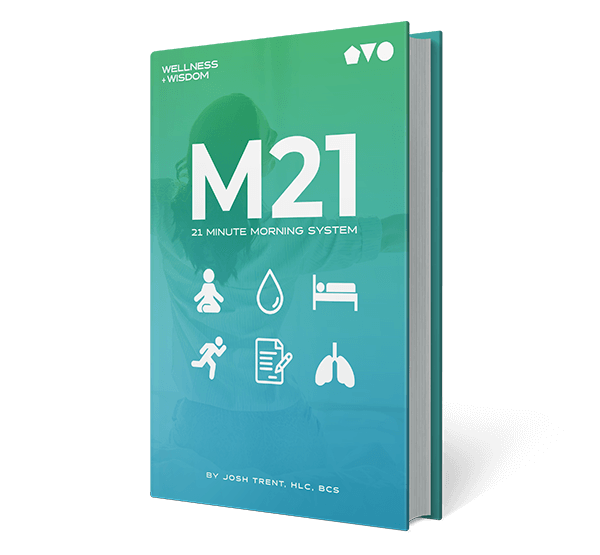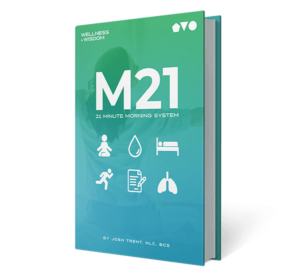 Anxiety and addiction have five surprising connections.
Anxiety and addiction have five surprising connections.
Anxiety is a common phenomenon it can be acute or chronic and people find out strategies to reduce it. A common solution for those seeking solace from the mental and physical strain of worry is to use drugs or alcohol to feel at ease, relaxed, and relieved.
Unfortunately, the apparent ease with which drugs or alcohol may be used to treat anxiety usually has negative long-term implications, such as the emergence of co-occurring anxiety and addiction disorders.
Table of Contents
What is Anxiety?
While everyone experiences anxiety from time to time, anxiety disorders are characterized by fear and apprehension that go beyond simple worry or concern. A continuing and chronic battle that interferes with day-to-day living is associated with anxiety disorders.
What is Addiction?
An addiction is a long-term disruption of the reward, motivation, and memory systems of the brain. It has to do with how your body yearns for a certain drug or behavior, particularly if it leads to an obsessive or compulsive search for “reward” and a disregard for the repercussions.
Let us see how these two are interconnected.
Self Medication
Usually, when a person is addicted it's by default assumed that it's due to the will. Maybe he or she is trying to cope with anxiety. There is a high chance that due to severe anxiety, the person has initiated alcohol or drug consumption to get instant relief.
These additives like alcohol, opioids, and benzodiazepines provide instant relief due to their effect on the brain. The person feels better and more confident slowly it becomes a habit and later survival without the addictives is impossible.
This will create a dependence of the patient on substances to manage the anxiety attacks.
Withdrawal-Induced Anxiety
 As anxiety leads to addiction vice versa is also true. It is observed that patients who try to quit substance addiction are more likely to suffer from anxiety. There are constant worries about how life will be without addiction. Who will accept them? Will they ever get friends or be able to socialize?
As anxiety leads to addiction vice versa is also true. It is observed that patients who try to quit substance addiction are more likely to suffer from anxiety. There are constant worries about how life will be without addiction. Who will accept them? Will they ever get friends or be able to socialize?
These thoughts give them frequent anxiety attacks and make the journey more difficult. They become anxious and restless, and another psychological withdrawal effect when they want to quit or cut substances. This will lead to continued substance use.
Complicate Treatment
The co-occurrence of anxiety and addiction may further create issues with the effectiveness of treatment. When anxiety and addiction coexist, people may have more severe symptoms, more functional impairment, and a higher chance of relapsing than they would if they just had one disorder.
Therefore, it is imperative to address both disorders concurrently to maximize therapeutic efficacy and enhance overall results. If a patient is suffering from both management is required to provide equal attention towards both conditions.
Many rehabs provide combined treatment for anxiety and addiction. One such center is the addiction hotline. You can directly consult with experts about the condition and they will suggest the best treatment for the patient’s survival.
Impact on Severity
Both drug use disorders and anxiety disorders might significantly impact the severity of the corresponding disorder.
Abuse of substances may showcase the hidden vulnerabilities or cause physiological alterations. This can show up as anxiety disorders by affecting the neurotransmitter systems implicated in the pathophysiology of anxiety disorders.
On the other hand, drug abuse can exacerbate anxiety symptoms, leading to a complicated interaction between the two diseases. These two conditions have interdependence on each other.
Both Anxiety and Addiction have Effected the Same Brain Region
Some studies witness that both anxiety and addiction impact the same circuit of the brain. These circuits are involved in processes like reward, stress, emotion regulation, and habit formation.
This explains how these two conditions are interwoven. Thus their diagnosis and conclusion about which is responsible for whom can be difficult. The parallel treatment approach is a better way to manage the conditions.
Conclusion – Healing Anxiety and Addiction
These two disorders can occur in the same individual. Having two disorders at the same time is known as a co-occurring disorders, sometimes known as dual diagnoses.
However, because of the overlap of symptoms, it can be difficult to recover and find relief from either ailment without the assistance of a dual-diagnosis treatment program. It is better to get a combined treatment for both foe effective results. With such a person proper treatment and patience are required for better outcomes.









